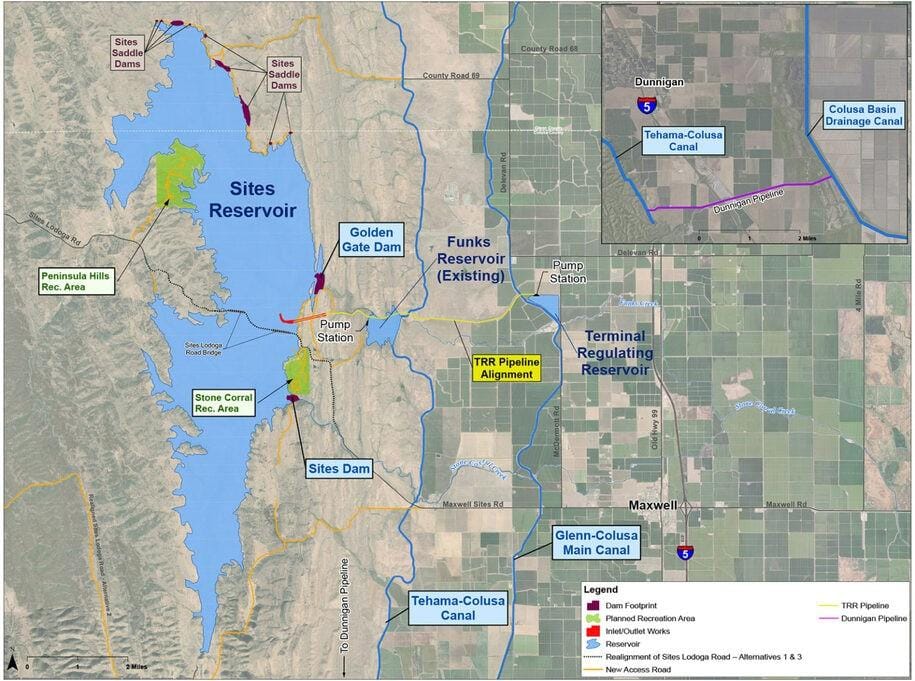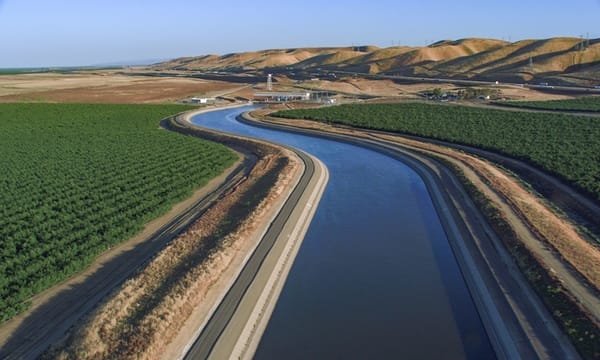Sites Reservoir receives an additional $134 million in federal funding from Trump regime
Opponents of Sites say the reservoir would cause enormous damage to already collapsing populations of Sacramento River Chinook salmon and Delta fish populations.




